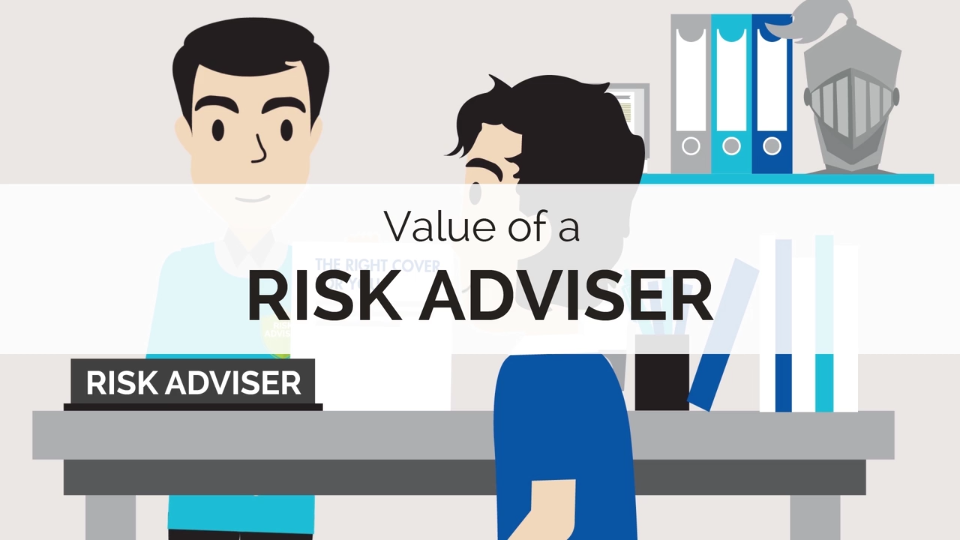Insurance
We offer personal insurance services for clients across Australia on a fee for service basis. This is flexible but we prefer to remove any commission associated with insurance policies. The result of this is often a significantly reduced “wholesale” insurance premium and knowing that we offer our advice free of any potential conflicts of interest.
Our goal is to ensure that we provide you with advice that will stand the test of time so when something happens to you, or your loved ones, you can focus on the things that are important.
At NOR, we take great care to ensure that you are well covered but are not wasting money on cover you do not need. We will personally help you to not only set up your protection portfolio, but also to manage your claims as required.
There a many types of insurance but our key focus is on personal protection such as life and income protection for doctors. The primary goal is to protect you and your family against loss of income due to ill heath, injury or death. People often think that because they do not earn an income, or if you are a stay at home mum/dad, then there is no need for this. This could not be further from the truth as there is often an “unearned income” that people forget to account for. Looking after the household is often a full time job, even if you don’t get a pay check for it. In addition, personal protection can help you to manage medical expenses which, even with top end private health care, tend to add up very quickly and are usually not something you can save up for or see coming. Like any other area our advice is always specific to your needs, and with our experience we can establish what your needs are, and might be in future.
Personal insurance is often obtained through one of THESE three providers:
GROUP
Group cover is often provided to employees as an added benefit or as part of their superannuation fund (via a trustee). This is often at set or “default” levels and price and benefits available to members varies significantly depending on what arrangement was struck by the employer or trustee. These arrangements change from time to time and the insured person has little or no say in these changes as they happen. Fortunately, this is often very easy to set up (so easy some people don’t even know they have it) and, even though default cover amounts are often low, does provide some protection.
DIRECT
Direct cover is a more hands on approach. This is the kind of thing you see advertised on midday TV with the catch cry “no medicals or lengthy questionnaires”. Though typically expensive, this is easy to obtain cover and unlike default group cover has to be sought out directly by the consumer. The key pitfall here is that as the insurer does not investigate up front they will only do so at time of claim (very time consuming at the worst possible time). This practice leads to very high rates of declined claims where the insurer finds something that would have influenced their decision and voids the contract based on non-disclosure.
RETAIL
Retail cover is a “contract” struck directly with an insurer. This cannot be altered without your permission and typically people have more appropriate insured amounts and much greater probability of payout. With this in mind, insurers ask many questions when setting this up and reserve the right to request medical records or blood tests etc. After all, everybody shares the cost of a payout when it happens so reducing the probability of this happening by establishing what each person’s risk is, and pricing accordingly, is just good business. This type of cover can be owned by you, your business partner or spouse, or your superannuation trustee.
Know your insurance.
There’s no doubt life insurance can be complex, but when you’re talking about something as important as your family’s financial security, it’s worth taking a bit of time to make sure you understand what you’re paying for and how all these different types of personal insurance cover work together.
Top 3 things you need to know about Life Cover.
Learn the basics about life cover, the simplest form of life insurance that's still as important as ever. Life Insurance is the most clearly defined type of insurance cover. If you die, or have been declared terminally ill by a doctor, you are paid a lump sum or an ongoing income stream. This is more relevant to those with young families and debt, than to others, as it is a means to replace your income if you are not there to earn one, ensuring your family can continue to pay the mortgage and living expenses etc.
Top 3 things you need to know about TPD Cover.
TPD or Total and Permanent Disability cover is designed to pay a lump some if you are unlikely to ever be able to return to work. With varying definitions between “Activities of Daily living” and General or “Any occupation” all the way up to “Own occupation” its tough to know which is right for you. The details of these definitions are constantly evolving to deal with advances in medical technology and treatment for diseases that would otherwise have ended in death. Having a lump sum payout that can fund initial and ongoing medical expenses, plus replace income over the long term is very important, unless you have enough savings to do so, which is rare for most people.
Top 3 things you need to know about Trauma Cover.
Learn the basics about trauma cover, a ‘lifestyle adjustment’ insurance that helps fund your treatment & recovery from a serious illness. This is a relatively new type of cover that pays a lump sum upon diagnosis of a major illness or injury. This can be a good alternative for covering unearned income and potential medical expenses (a leading cause of bankruptcy). Essentially this would allow the sole income earner the option of taking time off work to help their spouse or children recover from a major illness. As this would be optional and compassionate leave only lasts so long, this can be very helpful at a trying time.
Top 3 things you need to know about Income Protection Insurance.
Learn the basics about income protection, the insurance that can replace your income if you can't go to work because of illness or an injury. If you cannot work for a period of time know as the “waiting period”, you can be paid a pre-determined monthly payment until your “benefit period” ends or you return to work. Waiting and benefit periods can be selected to reflect your needs and reducing the potential time frame of a payout reduces the premiums payable accordingly. A good policy will often ask you to provide financial evidence to establish your level of cover up front, this is usually a max of 70% of your income.







